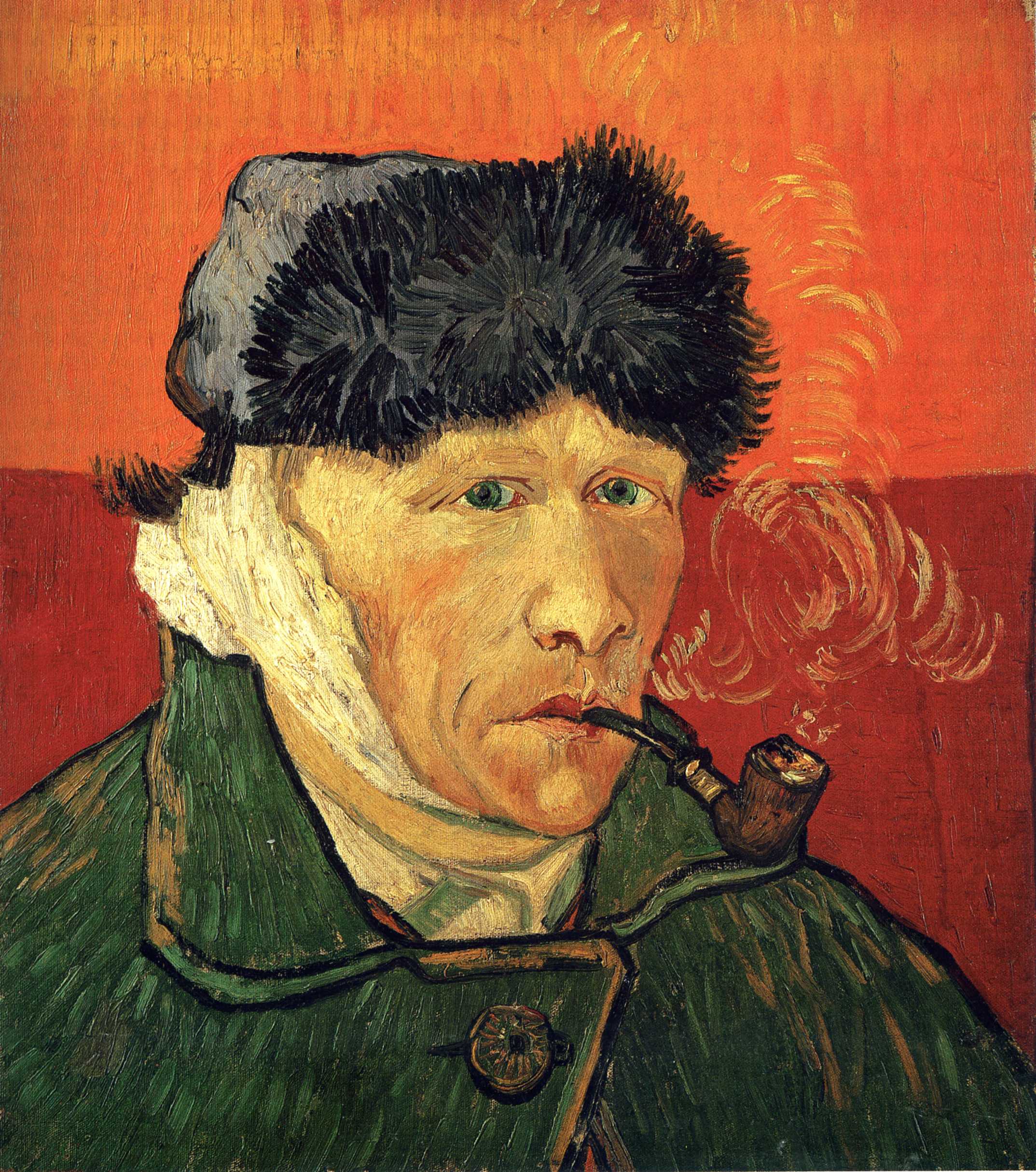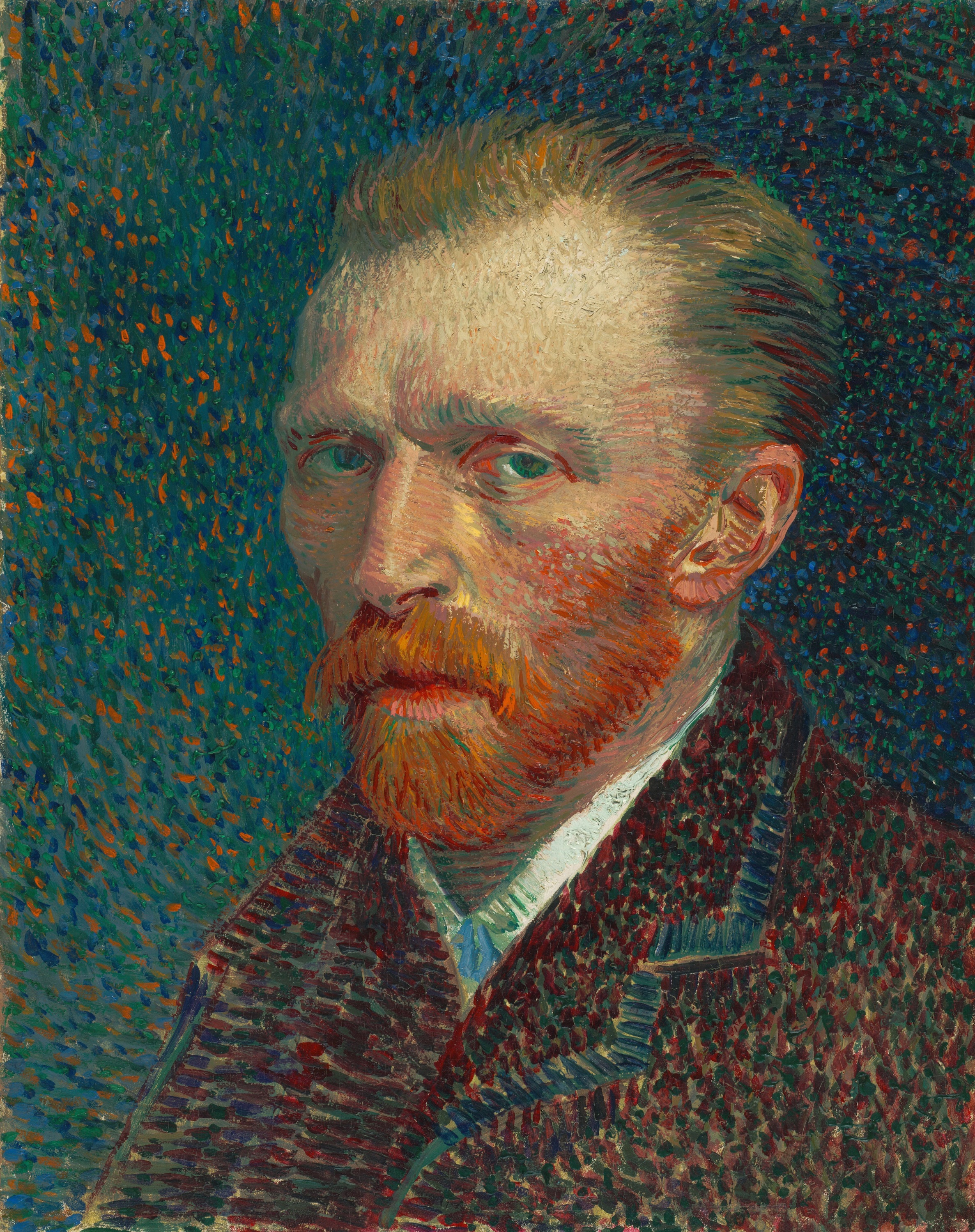You've probably heard this one before, but let's give the story an ear and dissect the events. Since we've started with puns, I'm gonna go all the way to ‘summer’ journalism and present "Six facts you didn't know about Van Gogh's insanity" / Ready?
1- Feeling unproductive? Why not spend some time at a psychiatric institution? Van Gogh's most fruitful artistic phase took place just after leaving one at Saint-Remy-de-Provence. He finished 75 paintings and more than 100 drawings and sketches in just 70 days.
2- So, is buying her a diamond ring a meaningful present? According to Bernadette Murphy, writer of ‘Van Gogh’s Ear: The True Story’, the painter offered his own ear to Gabrielle, a chambermaid in a brothel. This gesture was supposed to relieve her of a childhood trauma (being bitten by a dog).
3 - Solitude is bliss, though it might be somewhat imposed by genius. Steven Naifeh, co-author of ‘Van Gogh: The Life’, stated that nobody could coexist with the painter's hallucinations, temper, and memory loss.
4 - Nienke Bakker, investigator at the Van Gogh Museum, believes the painter suffered from a mixture of temporal lobe epilepsy and bipolar disorder, though the posthumous diagnoses have varied, depending upon the specialty of the one making the diagnosis. Among the diagnoses offered are such conditions as Acute Intermittent Porphyria, Ménière's Disease, or Borderline Personality Disorder.
5 - Theo, Vincent's brother, not only supported the painter throughout his life, but stayed beside him at his death. The brothers wrote to each other constantly, so their letters remain both a great source of their relationship and a record of the painter's feelings and ideas. On this inspiring reflection on artistic creation, Vincent confides the phobia of a blank canvas: ‘You don’t know how paralyzing it is, that stare from a blank canvas that says to the painter you can’t do anything. The canvas has an idiotic stare, and mesmerizes some painters so that they turn into idiots themselves’.
6 - Imagine failing at your own suicide. Aiming at his heart, Van Gogh fired a pocket revolver, not powerful enough to penetrate the ribs, and thus not hitting any organ. However, he would die soon after from the resulting wounds. Theo wrote to his wife, after his brother’s death, ‘I didn’t leave his side until it was all over.’
Two things that are very often unrepresentative of the bigger picture are present in this article - lists and mental conditions. Yet people keep being defined by lists of conditions that obscure real judgment.
Artur Deus Dionisio


 Vincent van Gogh
Vincent van Gogh